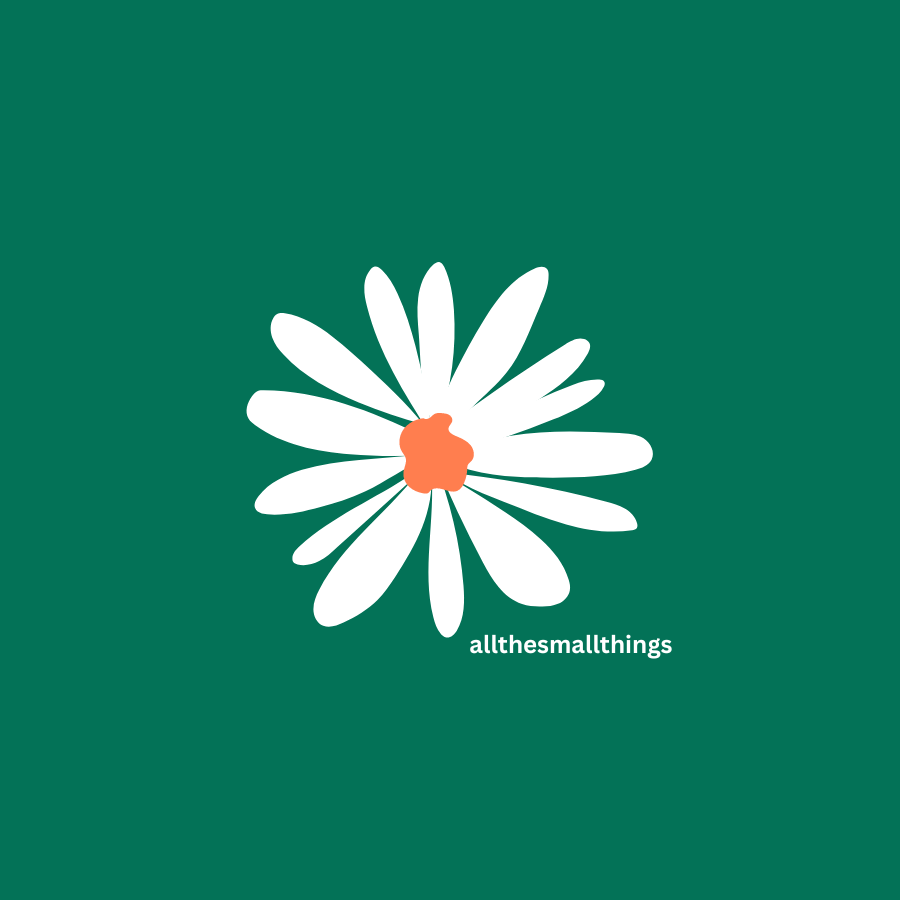“I Got a Golden Ticket!” — auditioning kids for the win
Auditions, Roald Dahl and school plays. A peak behind the scenes of Pukka Theatre’s School Plays programme.
My friend and I recently started a children’s theatre project, Pukka Theatre, where we offer primary school children world-class theatre making journeys through which they learn skills that help them deal with the big bad world all the while remembering to play. All productions start with auditions, but before we talk about that here’s a brief outline of how we did it.
The Pukka School Plays
We ran our first 6-week after-school programme starting in August of this year with a group of 26 children at an under-resourced school in the Bo Kaap, Cape Town.
The programme was made possible by generous humans who donated to our crowdfunding campaign (donate if you can), sponsors from friends of friends and volunteers from the local community and university who shared their time and skills. It was an amazing journey, and our school play was pretty out of this world (it had a space theme).
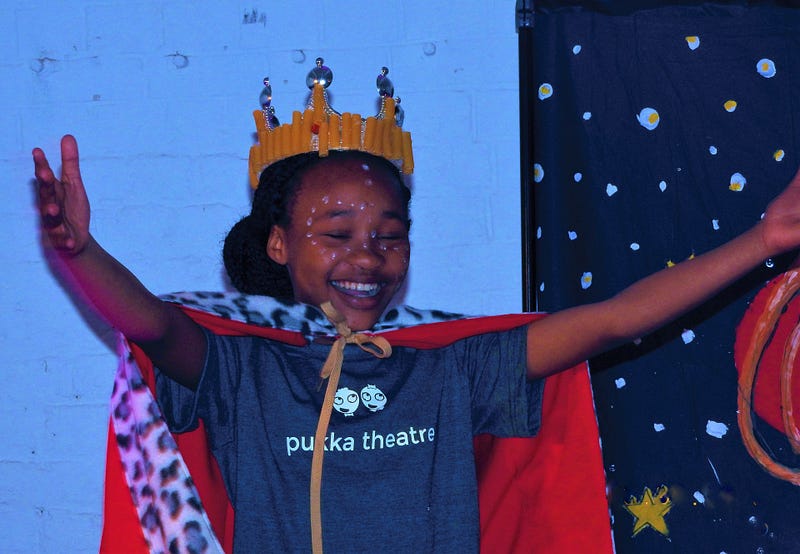
At the end of our 6 weeks we hosted a special performance at Youngblood Art Development Centre for parents, teachers and invited guests. It was really special and we have awesome footage of the final day. So lets go back to the beginning…
Oh no! Auditions!
This is often how auditions usually work: Imagine this, a corridor of sweaty palmed, wriggling and giggling, dry mouthed individuals, frantically trying to remember their lines, nervously trying to hit that high note that seemed so easy in the bathroom mirror this morning…They have their number about to enter a room where they will be judged. If they do well they get a golden ticket, if not a wooden mic.
***Pukka theatre cares about kids doing well, so we try doing auditions a little differently. We try create processes and environments in which kids can succeed.
1. Choosing the best audition material
Choosing auditions material is hard wether you are assigning the sides, poem, song, monologue or letting kids and parents decide for themselves. Choosing the ‘the best’ material is often overwhelming. How do kids handle the material they perform? Is it appropriate material that speaks to their narratives? Are some kids not auditioning because the process is seemingly hard to start?
Provide audition material
I highly recommend providing audition material. That way you (a) make auditioning simpler (kids know what they need to do and they can help each other prepare), (b) quickly establish a baseline in skill and capabilities and (c) easily evaluate wether children can take direction.
Choose fun and familiar material
Choose material that is fun and that allows for play (this means when giving direction the material allows a range of interpretations both emotionally and physically).
Choose something kids will either (a) recognise or (b) relate to. I chose a short passage “I got a golden ticket” from Roald Dahl’s Charlie and the Chocolate Factory.
Choosing familiar material makes auditioning less intimidating. It also allows kids to work with something they recognise, which often allows them to be more comfortable.
Focus on the kid rather than the material
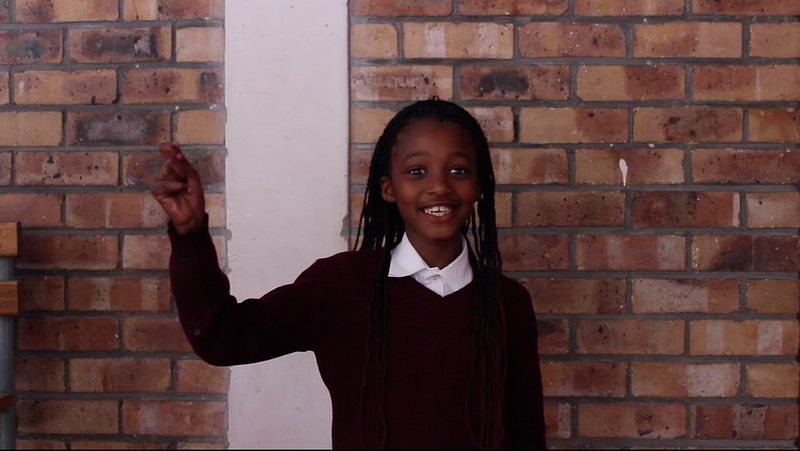
Make sure that the length of the material is appropriate for the age group. Rather than having a painfully long audition where a child struggles to remember, choose a short poem and work during the audition with the kid.
See if a kid is able to take direction and explore a range of feelings and perform different actions. Establishing this is far more useful than seeing their ability to remember things.
Teaching kids how to practice remembering things is much easier later in the process. When auditioning you actually want to establish who that kid is and what they can and want to do.
2. Audition Environment
Audition environments are usually cold and unwelcoming. There are two predominant spaces (a) the audition room and (b) the waiting room. Pukka cares about how we facilitate learning because we want kids to succeed. Thus environments that encourages learning while maintaining professional decorum promote a child’s chances of succeeding. Here are a couple of thing we focused on.
The Audition Room
The director welcomes the kid and “Hello, I’m Gabi…what’s your name”and simply asks them some questions starting with “How are you?”. We survey the kids to get a sense of who they are, where they are from, why they want to be part of Pukka.
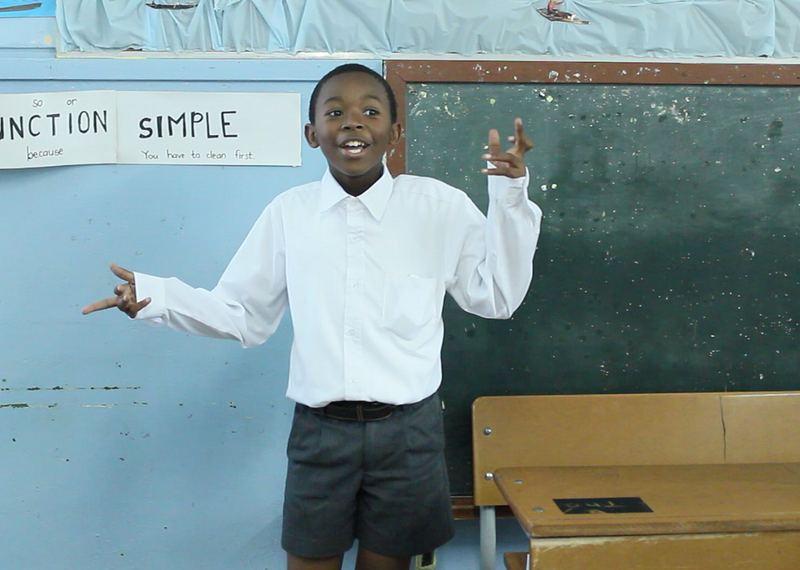
Rather than sitting behind a table, sit next to a table. If there is a big bulky object between you and the kid, it immediately sets up a barrier thus by sitting next to the table you encourage a shared space.
Ask the kid to stand on a mark (pro tip: mark a X with tape on floor), and prompt them through “Will you stand over there, take a deep breath and tell me a story/ start when you are ready/have fun”. I find that kids perform better when they have direction and physical markers.
When they are done thank them and give them positive and truthful feedback. Keep it short and keep it simple, for example: “Thank you for trying.”, “I love your enthusiasm.”, “You take direction very well.”. Of course there will be things that they performed poorly at, now is not the appropriate time to share those observations.
The waiting room
Instead of trying to keep nervous squirming children quiet in a military fashion get them to be productive, creative and sharing and keep their minds off the audition.
I give the kids a “This is Me” worksheet to complete while they wait for their turn.
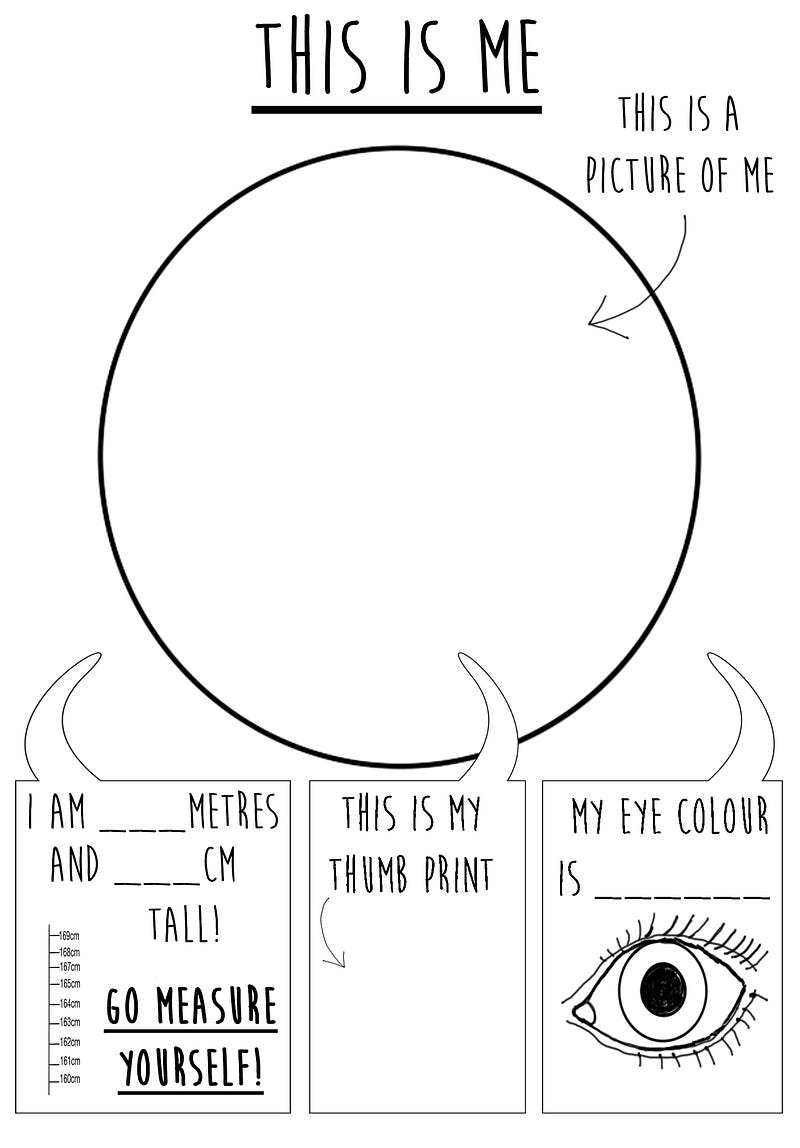
This worksheet is another opportunity for me to get to know them, but it also keeps them busy and takes their mind of the audition while they wait. Again, we want the kids to succeed thus by creating environments which reduce anxiety increases their chances of doing better.
We want to create environments in which we encourage learning and where we evoke an enthusiasm for trying new and sometimes difficult things. The ultimate golden ticket is when kids go away from the experience say “That wasn’t so bad, you should also try out.”
Auditions are notorious for being stressful. When it comes to an educational setting, where we want kids to learn things, this is not the way we want kids to perceive auditions.
For more information: www.pukkatheatre.com
